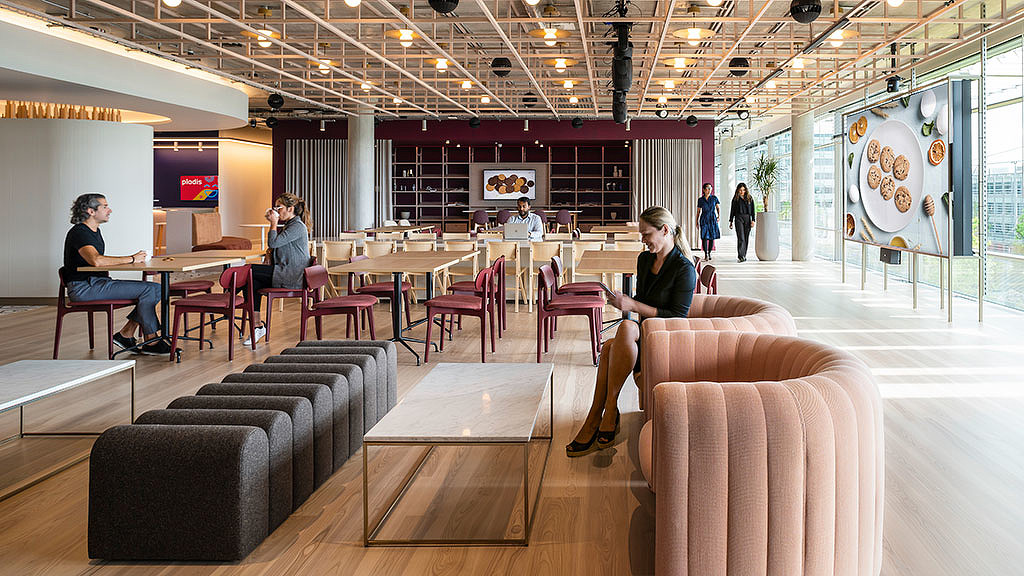 According to NITI Aayog report, ‘Rethinking Homestays: Navigating Policy Pathways’, the country’s homestay market touched a staggering ₹4,722 crores in 2024, growing at 11 per cent compound annual growth rate (CAGR), with OTAs, such as Airbnb and MakeMyTrip scaling aggressively. In fact, 69 per cent of Indian travellers now prefer offbeat destinations, while 72 per cent seeking to support local communities, and digital nomads are fuelling long-term stays.
According to NITI Aayog report, ‘Rethinking Homestays: Navigating Policy Pathways’, the country’s homestay market touched a staggering ₹4,722 crores in 2024, growing at 11 per cent compound annual growth rate (CAGR), with OTAs, such as Airbnb and MakeMyTrip scaling aggressively. In fact, 69 per cent of Indian travellers now prefer offbeat destinations, while 72 per cent seeking to support local communities, and digital nomads are fuelling long-term stays.
The report underlines that homestays are not just beds for the night — they are powerful engines of micro-entrepreneurship, women’s empowerment, cultural revival, and sustainable tourism. Yet, the ground reality is far more tough. Hosts frequently go through arduous registration processes, face lack of clarity across state policies, and limited access to incentives. This discourages many from formalising, holding back the sector’s full potential.
To address these issues, the report recommended policy reforms, such as streamlining single-window registrations, and classifying homestays as residential units to reduce utility/tax burdens.








